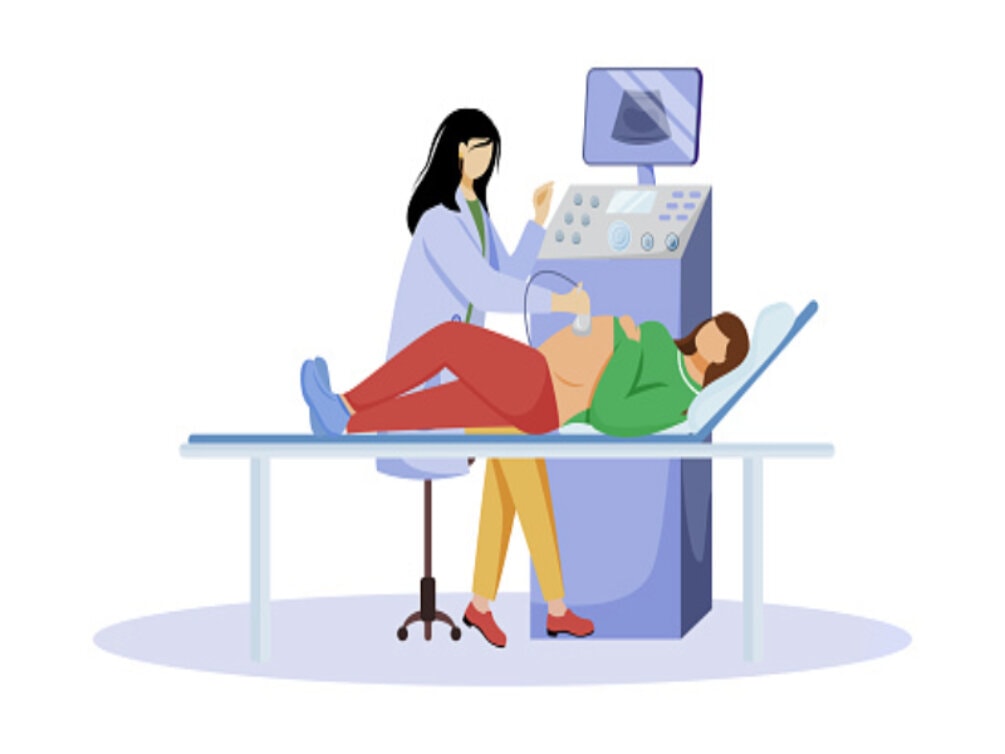 |
| Advice from doctors to get women's health check-up |
Women's health constitutes an intertwining of science and information related to public health, and the health of women's private reproductive organs, which are the genitals.
How to maintain women's health?
Maintaining women's health depends on several factors in order to prevent and improve a healthy and social lifestyle:
The food
- It begins with nutrition, which is eating healthy, balanced food, and food is a mixture of nutrients such as carbohydrates, proteins, fats, vitamins, minerals and fiber.
- It is also necessary to have a balanced food that ensures that the body gets an adequate amount of the elements that women need, so that the organs can perform their functions efficiently.
Sports
Also, physical exercise is important in preventing the development of diseases and improving the efficiency of the performance of the organs of the body. Evidence indicates that regular exercise and follow-up of women's health check-up:
- Reducing the risk of type 2 diabetes.
- Helps fight diabetes and prevent long-term complications.
- Reduce the risk of heart disease.
- Protein levels increase good cholesterol.
- Reduces high blood pressure - protects against osteoporosis.
- Useful against arthritis and lower back pain.
- Reduces the risk of cancer, specifically breast cancer after menopause.
- It prevents bowel cancer.
- Help maintain a healthy weight.
- Helps treat depression and dementia.
- It reduces stress, improves sleep and enhances feelings of hate.
The health
- It is possible to be exposed to the most important diseases and problems that women suffer from, and they need more attention, so Women's health check-up is necessary.
- Diseases of the reproductive system and the infections it affects with different organisms.
- Congenital malformations and physiological changes.
- Pregnancy and childbirth and related diseases that may hinder normal delivery or special diseases and complications that occur during pregnancy.
- Heart disease: Women are more susceptible to heart disease after menopause.
- The most important associated risk factors are: age, genetics, high cholesterol, high blood pressure, physical inactivity, obesity and diabetes mellitus.
Read also:
Fashion world women clothing and accessories
Fashion World Specials and Catalogs


0 Comments